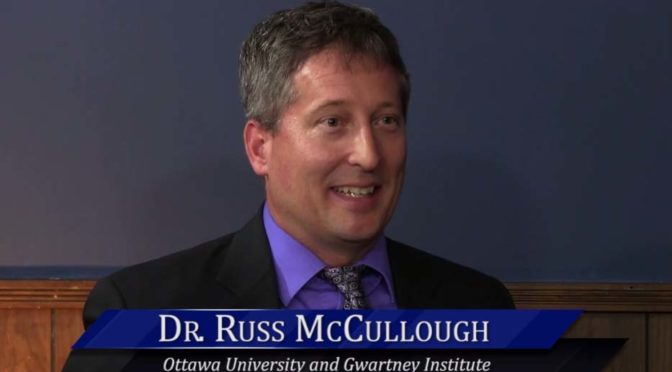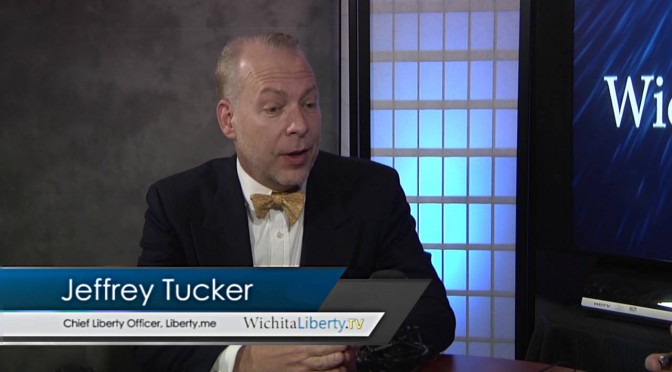Tag: Freedom
-

Stephen Ware: Debate on masks, freedom
Can libertarians accept a mask mandate?
-

WichitaLiberty.TV: Russ McCullough, Ottawa University and Gwartney Institute
Dr. Russ McCullough of Ottawa University introduces us to the Gwartney Institute and explains the importance of economic freedom.
-

Year in Review: 2016
Here are highlights from Voice for Liberty for 2016. Was it a good year for the principles of individual liberty, limited government, economic freedom, and free markets in Wichita and Kansas?
-

WichitaLiberty.TV: Keen Umbehr
In this episode of WichitaLiberty.TV: Keen Umbehr is an attorney from Alma. Besides setting a precedent protecting free speech in the U.S. Supreme Court, he’s an advocate for criminal justice reform and a former candidate for governor. View below, or click here to view at YouTube. Episode 118, broadcast May 1, 2016.
-

AFP Foundation wins a battle for free speech for everyone
Americans for Prosperity Foundation achieves a victory for free speech and free association.
-

In Wichita, revealing discussion of property rights
Reaction to the veto of a bill in Kansas reveals the instincts of many government officials, which is to grab more power whenever possible.
-

WichitaLiberty.TV: Jeffrey Tucker and ‘Bit by Bit: How P2P Is Freeing the World’
Jeffrey Tucker talks about his most recent book “Bit by Bit: How P2P Is Freeing the World” and how Bitcoin and other distributed technologies are affecting the world.
-

Friedman: Laws that do harm
As we approach another birthday of Milton Friedman, here’s his column from Newsweek in 1982 that explains that despite good intentions, the result of government intervention often harms those it is intended to help.
-

‘Love Gov’ humorous and revealing of government’s nature
A series of short videos from the Independent Institute entertains and teaches lessons at the same time.
-
Myth: Markets promote greed and selfishness
Markets make it possible for the most altruistic, as well as the most selfish, to advance their purposes in peace, writes Tom G. Palmer.
-
Foundations of a Free Society
Freedom creates prosperity. It unleashes human talent, invention and innovation, creating wealth where none existed before, writes Eamonn Butler of the Adam Smith Institute.
